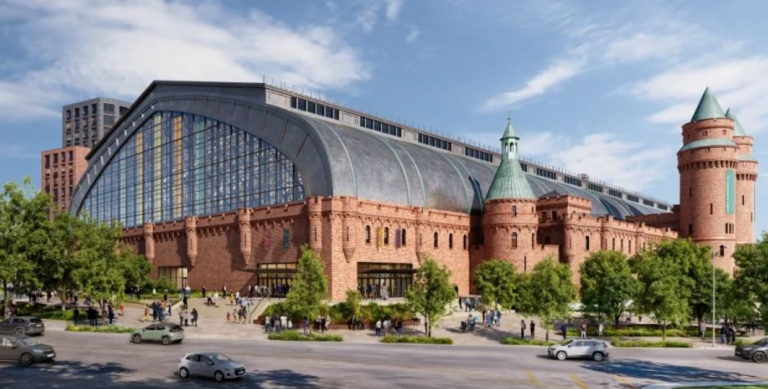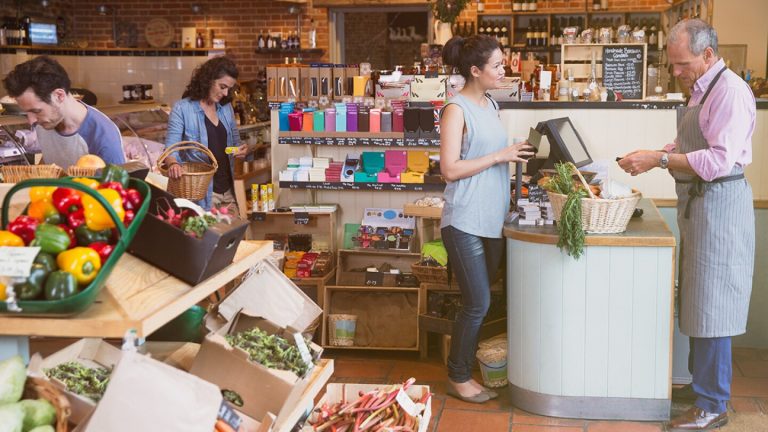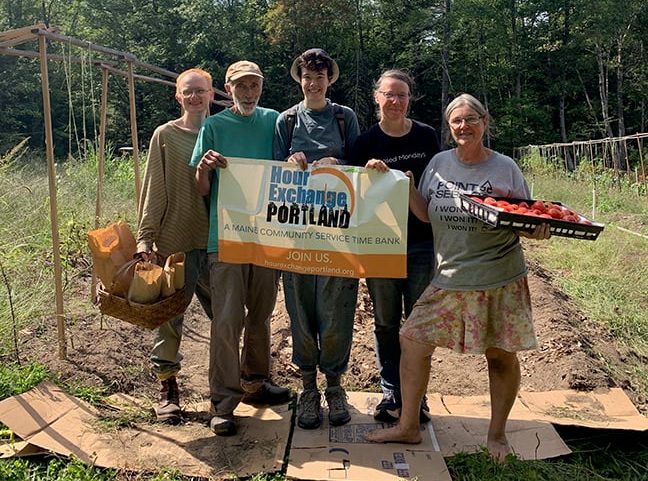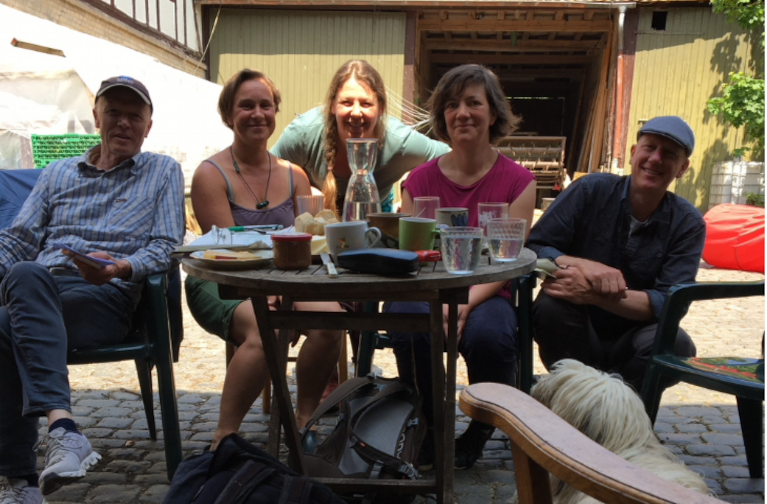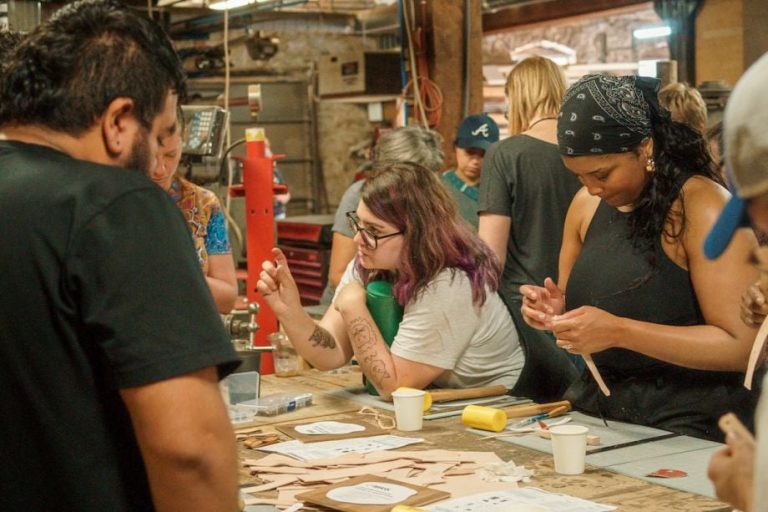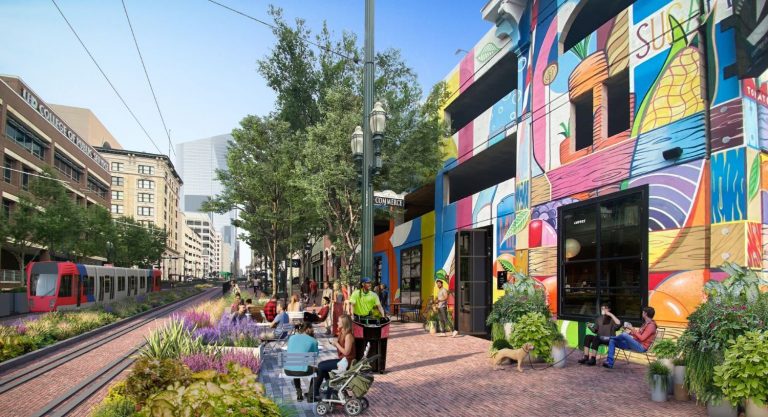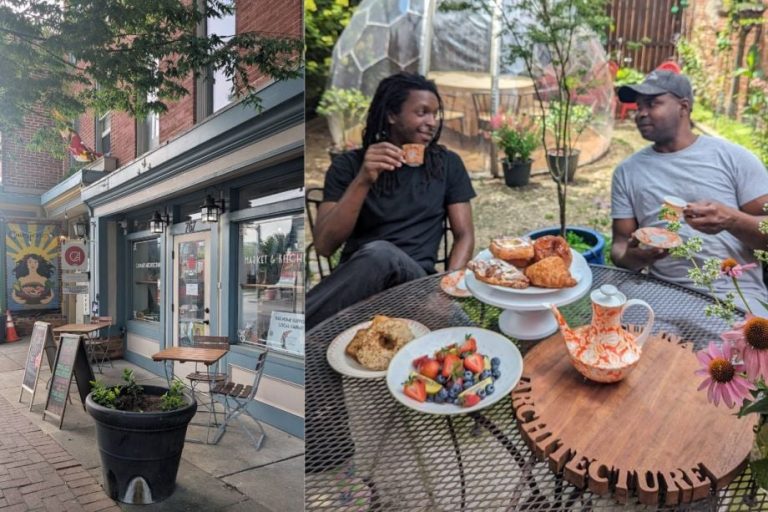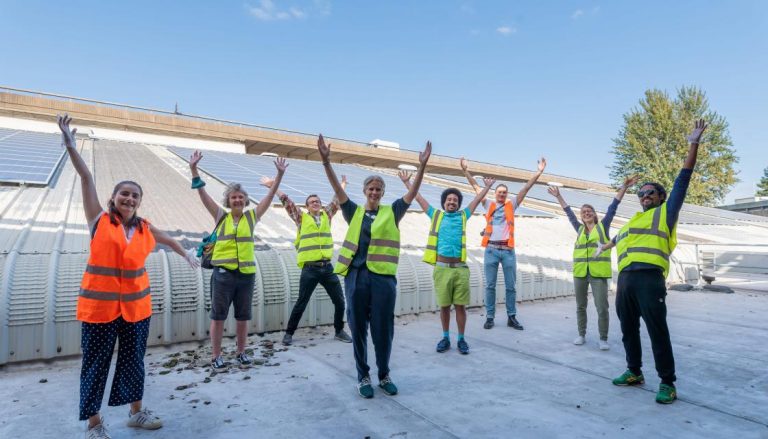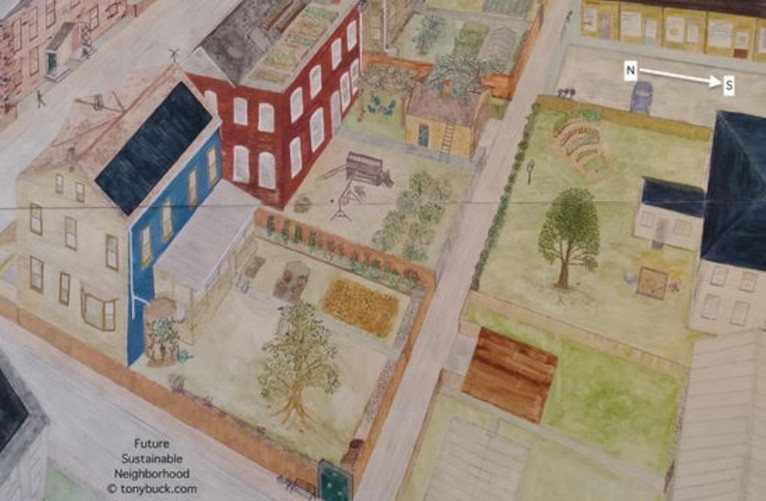Bronx Project Sets New Standard For Community-Controlled Development
Located in the Kingsbridge Heights section of the Bronx, the 570,000 square-foot Kingsbridge Armory was said to be the largest armory in the world when first completed in 1917. Above its columnless, 180,000 square-foot main drill hall, the vaulted ceiling peaks at around 120 feet. Two 140-foot tall headhouse towers flank the main entrance on Kingsbridge Road, giving the building its castle-like appearance. After the National Guard vacated the armory in 1994, the building reverted to city ownership two years later, and has sat mostly vacant ever since.

